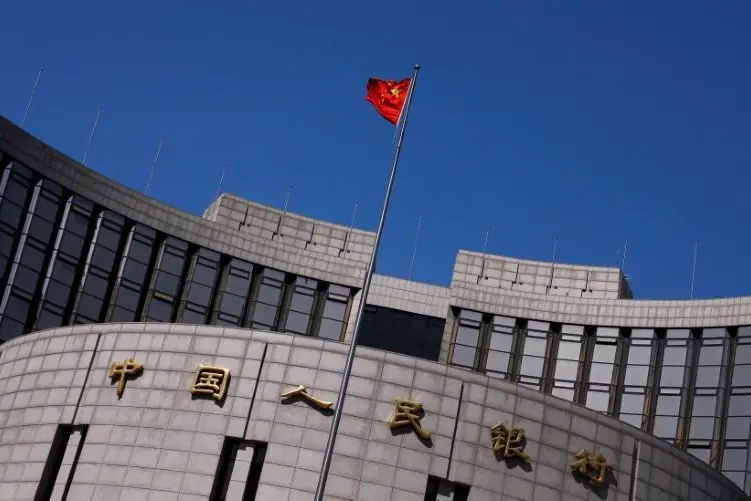PHOTO
BEIJING - China's economic growth is expected to be "relatively high" in the second quarter compared to the prior year, mainly due a low base of comparison, while consumer inflation is projected to be above 1% by December, the central bank governor said.
As rising interests rates and inflation squeeze demand in the United States and Europe, China's core CPI has been soft and factory gate prices fell sharply in May, suggesting the world's second-largest economy is losing steam.
Some analysts have predicted the central bank may begin to cut key rates as soon as next week after a flurry of weak data highlighted the fragility of China's economic rebound.
At present, China's economy is recovering from the impact of COVID-19, and the balance sheets of its companies are being repaired, the People's Bank of China (PBOC) said in a statement on Friday, citing Governor Yi Gang during his trip to Shanghai on Wednesday.
"It is expected that year-on-year growth of gross domestic product (GDP) in the second quarter will be relatively high (mainly due to the base effects). The CPI is expected to gradually pick up in the second half of the year and be above 1% year-on-year by December," the PBOC statement quoted Yi as saying.
China's economy is facing challenges including rapidly worsening exports, a high youth jobless rate, property distress and weak domestic demand, but Yi said China is confident and capable of meeting the growth goals set earlier this year.
The government has set a modest GDP growth target of around 5% for this year, after badly missing the 2022 goal. First-quarter growth was better than expected at 4.5%.
The PBOC will continue to implement a prudent monetary policy, step up counter-cyclical adjustments, support the real economy and safeguard financial stability, the statement said.
During a symposium with companies, including steel giant Baowu Group, SAIC Motor Corp, Citibank (China) Co and financial institutions in Shanghai, Yi also said China will make it easier for firms to use yuan in cross-border trade and investments.
(Reporting by Ellen Zhang and Ryan Woo; editing by John Stonestreet and Sharon Singleton)





















